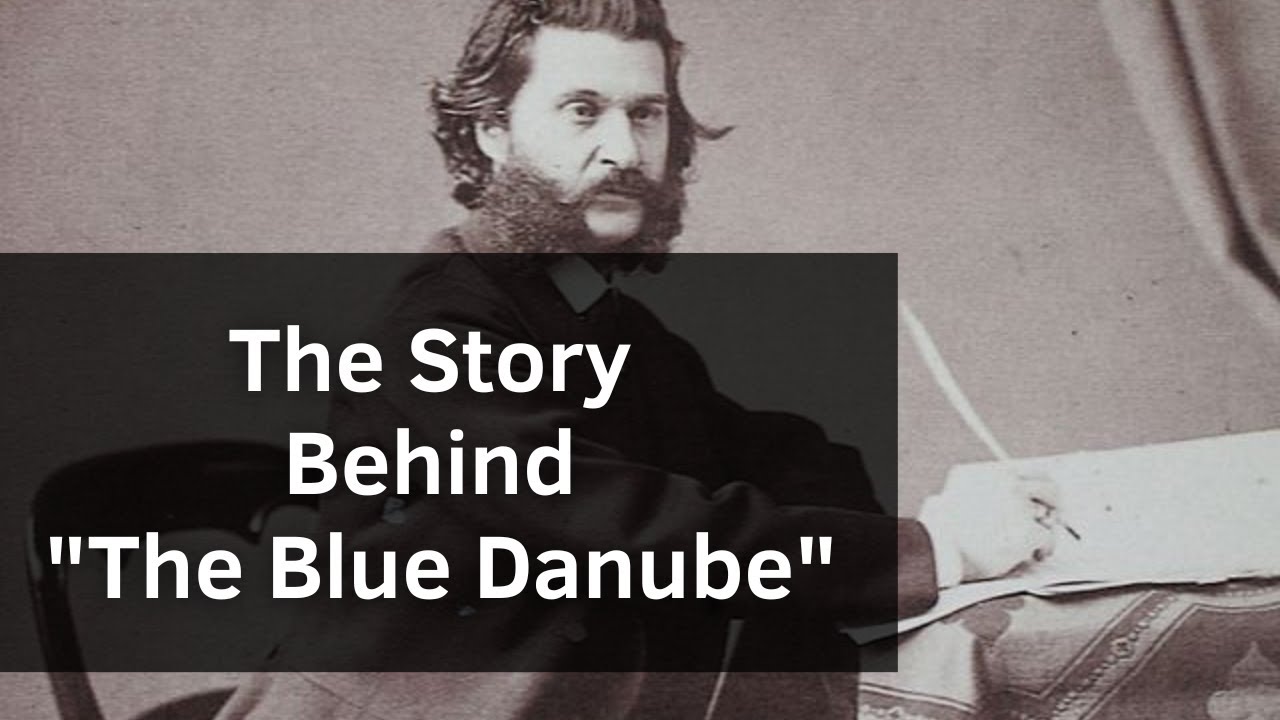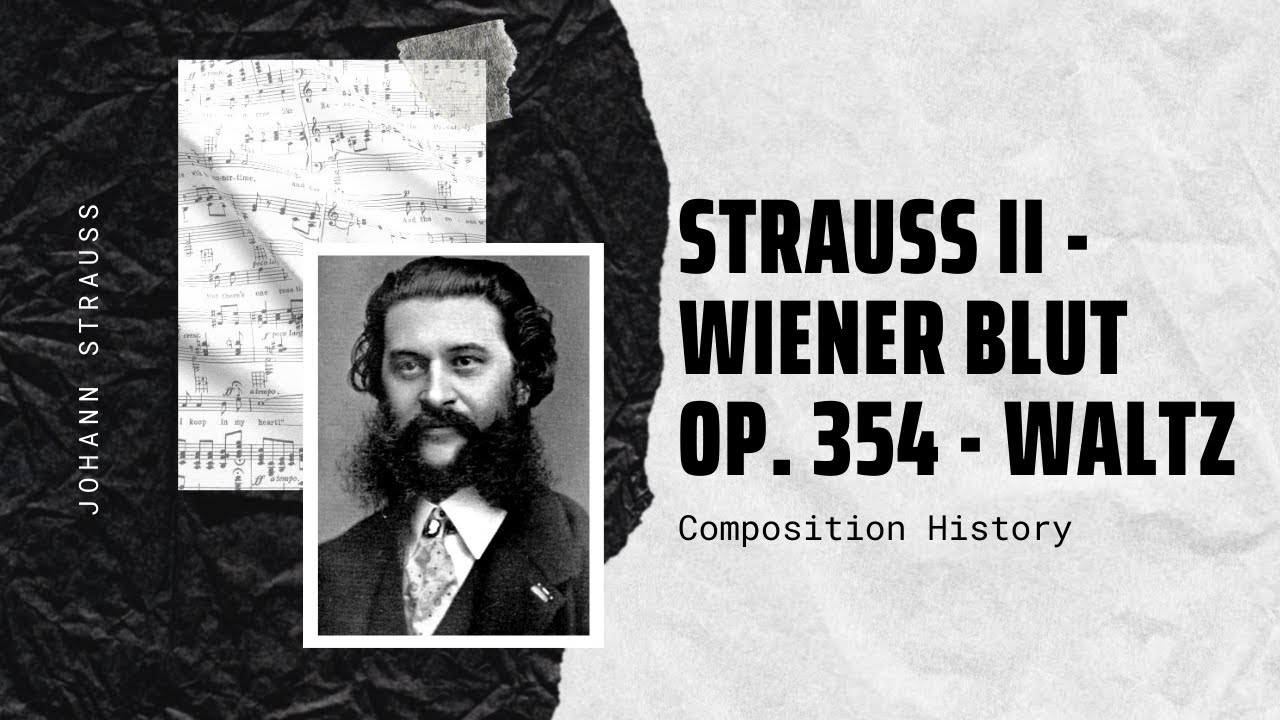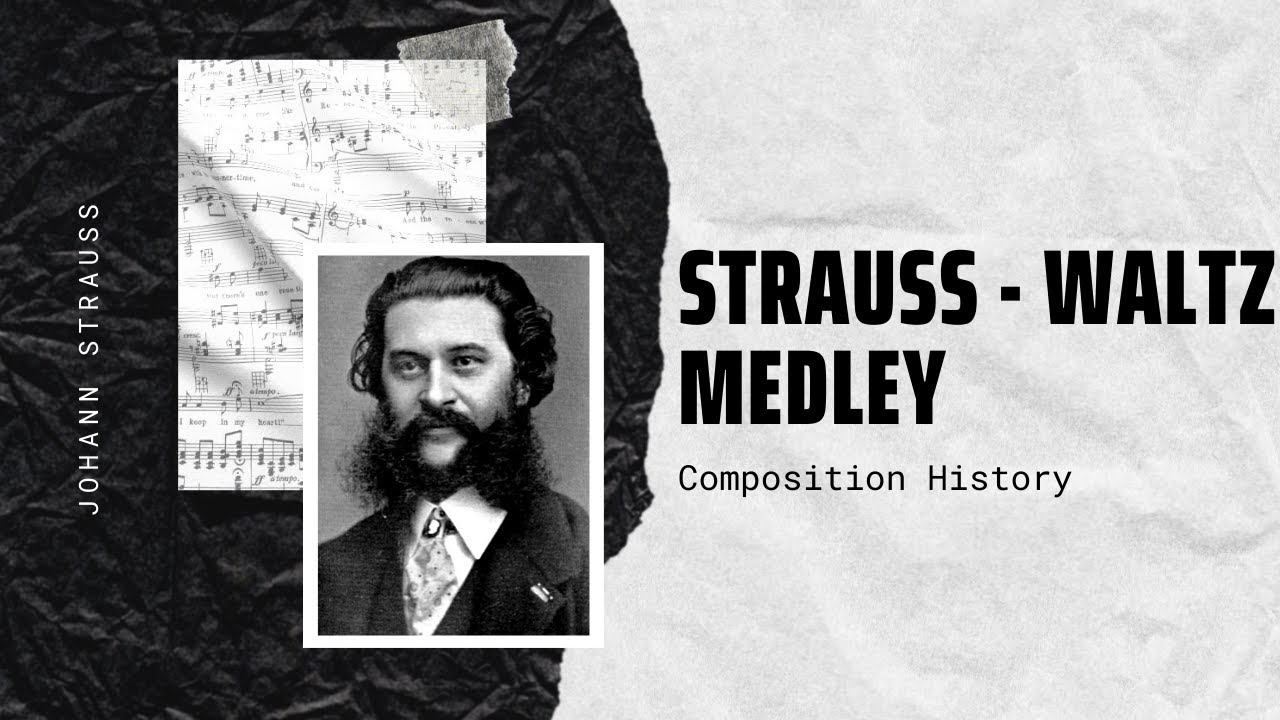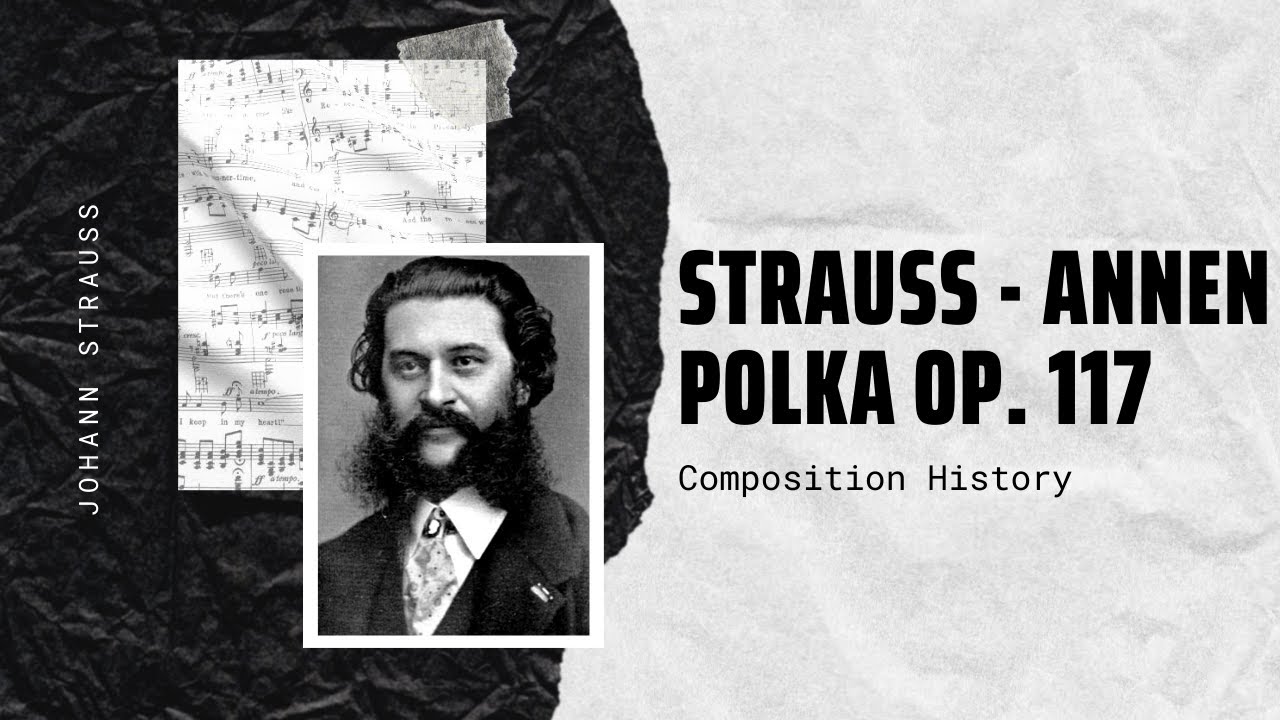
The Story Behind “The Blue Danube” by Strauss
The Story Behind “The Blue Danube” by Strauss In 1865, Johann Herbeck, choirmaster of the Vienna Men’s Choral Society, commissioned Strauss to write a choral work;[…]

Johann Strauss Jr – Wiener Blut Op. 354 – Waltz
Wiener Blut (‘Viennese Blood’ or ‘Viennese Spirit’) Op. 354 is a waltz by Johann Strauss II first performed by the composer on 22 April 1873.[…]

Happy Classical Music – Tchaikovsky, Mozart, Vivaldi, Strauss
Happy Classical Music – Tchaikovsky, Mozart, Vivaldi, Strauss Classical music is art music produced or rooted in the traditions of Western culture, including both liturgical (religious)[…]

Johann Strauss Jr – Waltz medley
Johann Strauss II (born Johann Baptist Strauss; 25 October 1825 – 3 June 1899), also known as Johann Strauss Jr., the Younger, the Son (German:[…]

Johann Strauss II – Russischer Marsch Fantasie Op. 353
Johann Strauss II (born Johann Baptist Strauss; 25 October 1825 – 3 June 1899), also known as Johann Strauss Jr., the Younger, the Son (German:[…]

Strauss – Emperor Waltz Op. 437
Kaiser-Walzer, Op. 437 (Emperor Waltz) is a waltz composed by Johann Strauss II in 1889. The waltz was originally titled Hand in Hand and was[…]

Strauss – Polka Champagne Op. 211
Johann Strauss – Polka Champagne Op. 211 Johann Strauss I (German: Johann Baptist Strauß, Johann Strauss (Vater); also Johann Baptist Strauss, Johann Strauss Sr., the Elder,[…]

Strauss – Rosen aus dem Süden Op. 388
Johann Strauss – Rosen aus dem Süden Op. 388 Johann Strauss I (German: Johann Baptist Strauß, Johann Strauss (Vater); also Johann Baptist Strauss, Johann Strauss Sr.,[…]

Strauss – Klange aus der Raimundzeit Op. 479
Johann Strauss – Klange aus der Raimundzeit Op. 479 as Werk entstand vor dem Hintergrund einer Denkmalsenthüllung für Ferdinand Raimund (1790–1836). Am Vorabend der eigentlichen Enthüllung[…]

Strauss – Annen Polka Op. 117
Johann Strauss – Annen Polka Op. 117 Johann Strauss I (German: Johann Baptist Strauß, Johann Strauss (Vater); also Johann Baptist Strauss, Johann Strauss Sr., the Elder,[…]